Epoxy flooring is quickly becoming one of the most popular garage upgrades in Florida, and for good reason. It’s durable, easy to clean, visually appealing, and stands up to the heat and humidity that Florida is known for. At The Garage Enhancement Company, we receive a steady stream of questions from homeowners in the area—especially those new to home improvements or tired of their old, stained concrete.
In this guide, we’ll answer the most frequently asked questions about epoxy flooring, from costs and installation to maintenance and lifespan. If you’re considering epoxy for your garage in Florida, this blog post is your go-to resource.
What Is Epoxy Flooring?
Epoxy flooring is a resin-based surface coating made from a two-part system: epoxy resin and a hardener. When mixed, they chemically bond to form a thick, durable plastic-like surface that adheres tightly to concrete.
It’s commonly used in:
-
Garages
-
Workshops
-
Commercial spaces
-
Basements
-
Warehouses
In garages, it provides a smooth, high-gloss finish that can withstand heavy traffic, oil spills, tools, and hot tires—making it both functional and stylish.
Why Choose Epoxy Flooring for My Garage?
Epoxy flooring isn’t just about looks—it offers a long list of practical benefits, especially in Florida’s hot and humid climate:
-
Durability: It resists chipping, cracking, and wear from vehicles and foot traffic.
-
Moisture Resistance: Ideal for humid conditions and coastal regions like Grant, Cocoa, or Palm Beach Gardens.
-
Easy Cleaning: Dirt, oil, and spills can be wiped or hosed away without staining.
-
Improved Lighting: The reflective finish brightens up your space.
-
Custom Designs: You can choose colors, patterns, metallics, or flakes to suit your style.
How Long Does Epoxy Flooring Last?
With proper installation and care, epoxy flooring can last 10 to 20 years or more in a residential garage. The key factors that affect longevity include:
-
Surface preparation
-
Type of epoxy used
-
Traffic level
-
Climate and humidity
-
Ongoing maintenance
At The Garage Enhancement Company, we use industrial-grade epoxy systems designed for Florida’s conditions, ensuring long-term performance and satisfaction.
Is Epoxy Slippery?
When dry, epoxy has a smooth, shiny surface, which can become slippery—especially when wet. However, this risk is easily managed.
We offer:
-
Slip-resistant additives (like aluminum oxide or polymer grit)
-
Textured flake finishes for improved traction
-
Matte or satin topcoats to reduce shine and enhance grip
These options are popular among homeowners with children, pets, or frequent garage foot traffic.
How Much Does Epoxy Flooring Cost?
Pricing depends on the garage size, existing floor condition, design choice, and whether multiple coats or primers are needed. That said, here’s a rough breakdown:
-
Standard epoxy coating: $4–$7 per sq. ft.
-
Decorative flake system: $6–$9 per sq. ft.
-
Metallic or custom finishes: $8–$12+ per sq. ft.
For a standard two-car garage (around 400 sq. ft.), the total cost typically ranges from $1,600 to $3,600.
We provide free estimates and help homeowners find the right solution for their budget and style.
How Long Does Installation Take?
Most residential epoxy floor installations take 2–3 days, depending on conditions.
Here’s the typical timeline:
-
Day 1: Floor prep and crack repair
-
Day 2: Primer and basecoat application
-
Day 3: Decorative flake or color coat, plus topcoat
After that, the curing process begins:
-
Light foot traffic: 24 hours
-
Vehicle traffic: 72 hours (sometimes up to 7 days in humid conditions)
We always advise waiting a few days before heavy use to allow the coating to fully harden.
What’s Involved in Surface Preparation?
Surface prep is the most important step for epoxy longevity. Without it, the epoxy may bubble, peel, or fail prematurely.
At The Garage Enhancement Company, our prep process includes:
-
Diamond grinding to roughen the surface for better adhesion
-
Concrete crack repair and patching
-
Moisture testing (especially important in Florida)
-
Removal of oil stains or prior coatings
We do it right the first time—because good prep equals great results.
Can Epoxy Be Installed Over Cracked Concrete?
Yes, but the cracks must be treated properly first. We use special epoxy crack fillers and joint repair materials to level and reinforce the surface before applying the top coat.
However, if your concrete is crumbling or has structural damage, we may recommend repairs or resurfacing before applying epoxy.
Will the Floor Turn Yellow Over Time?
Low-quality epoxies can yellow due to UV exposure, especially in sunny climates like Florida. That’s why we always use UV-stable polyaspartic or urethane topcoats that prevent yellowing, fading, or discoloration—even in garages that get strong sunlight.
Is Epoxy Flooring Easy to Clean?
Absolutely. Epoxy is non-porous and seamless, so it won’t absorb oils, fluids, or dirt.
For regular cleaning:
-
Sweep or vacuum dust and debris
-
Mop with a mild soap and water solution
-
Rinse occasionally with a garden hose
Avoid acidic or abrasive cleaners, which can dull the finish.
Can Epoxy Withstand Hot Tires?
Yes. Our epoxy systems are designed to handle hot tire pick-up, a common issue where rubber from warm tires pulls the coating off the concrete. We use high-performance formulas that are heat- and chemical-resistant—perfect for Florida driveways and garages.
Is Epoxy Flooring Eco-Friendly?
Many epoxy products contain low-VOC (volatile organic compounds) or no-VOC formulas, making them safer for the environment and your indoor air quality.
We prioritize eco-conscious products that meet or exceed safety standards while delivering excellent performance.
Do You Offer a Warranty?
Yes. All of our garage epoxy flooring installations come with a written warranty, covering issues like:
-
Peeling or delamination
-
Premature fading or discoloration
-
Surface defects due to installation errors
We stand by our work—and our reputation.
What’s the Best Epoxy Finish for Florida Garages?
In humid, high-traffic areas like Florida, we recommend:
-
Full flake systems for durability and slip resistance
-
Polyaspartic topcoats for UV and moisture protection
-
Metallic epoxy for style-forward spaces like gyms or show garages
We’ll walk you through the options and show samples during your consultation.
Final Thoughts: Is Epoxy Flooring Worth It?
If you’re looking to upgrade your garage with a flooring solution that’s beautiful, durable, and easy to maintain, epoxy flooring is absolutely worth the investment.
From withstanding coastal humidity and bugs to enhancing the appearance of your entire garage, epoxy is a smart, long-term upgrade for Florida homeowners.
Ready to Upgrade Your Garage Floors?
The Garage Enhancement Company proudly installs premium epoxy flooring across Florida. Whether you’re in Palm Beach Gardens, Cocoa, Grant, or Indian Harbour—we’re your trusted team for high-quality, long-lasting results.
📞 Schedule a free consultation today and see how epoxy can transform your garage!
FAQs
Q1: Will epoxy flooring hide imperfections in my concrete?
Yes, to an extent. Epoxy smooths out minor flaws, and we fill cracks beforehand. But large damage may need resurfacing.
Q2: Can epoxy be applied to old or stained concrete?
Yes. We use grinders to remove stains and prep the surface before applying the epoxy.
Q3: Is epoxy flooring noisy?
It may amplify sound slightly due to its hard surface, but adding mats or rugs helps dampen noise.
Q4: Can I DIY my epoxy flooring?
While kits exist, DIY jobs often fail due to poor prep or cheap materials. Professional installation ensures durability and safety.
Q5: Can you add logos or custom graphics?
Absolutely. We offer custom designs including logos, patterns, and unique color blends.
Q6: What’s the difference between epoxy and polyaspartic coatings?
Polyaspartic coatings cure faster, are UV-resistant, and often used as topcoats for added durability.

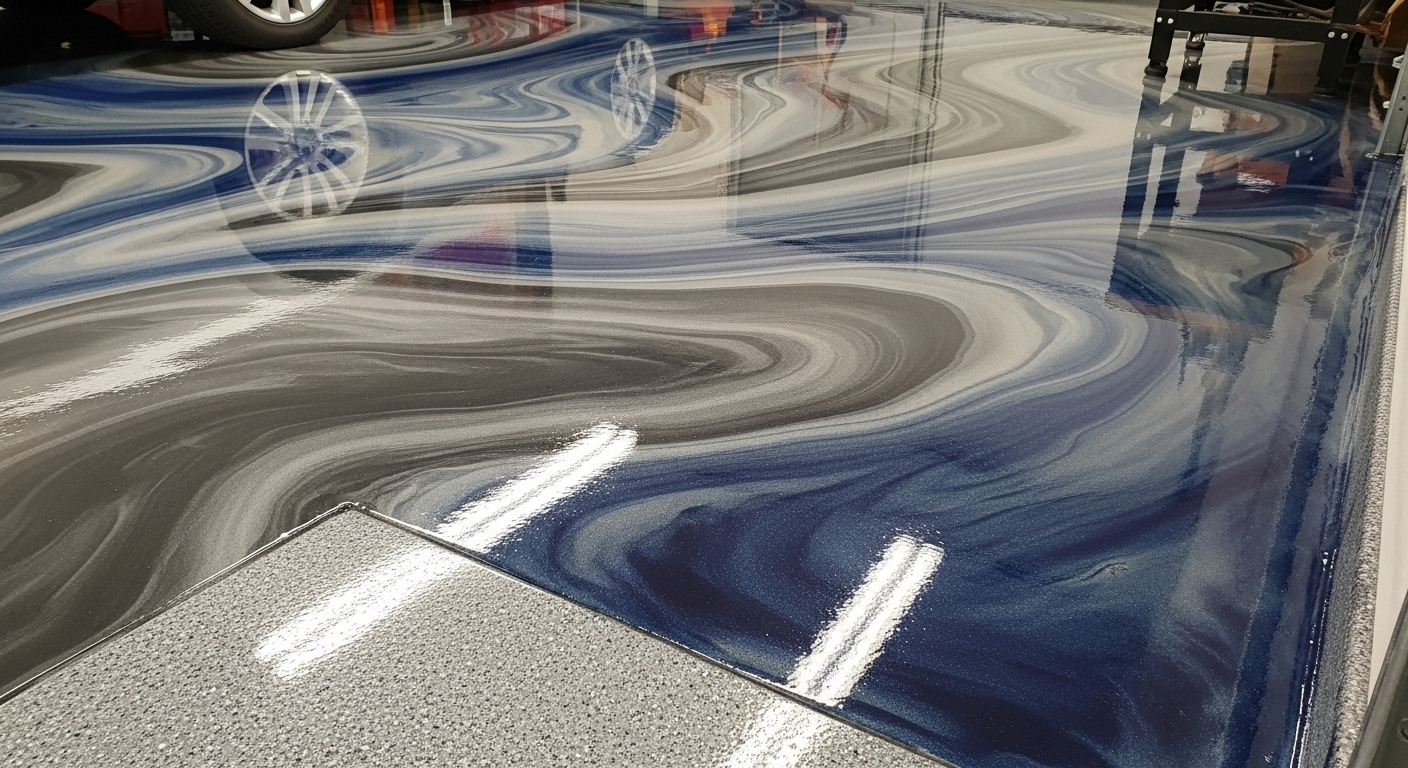
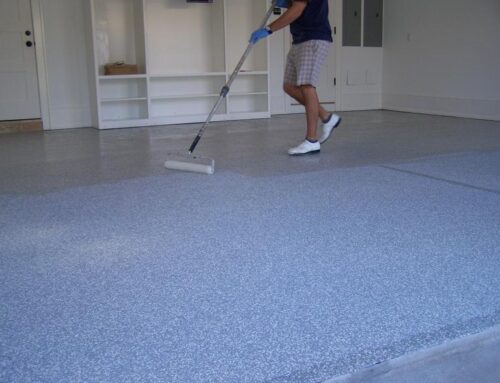
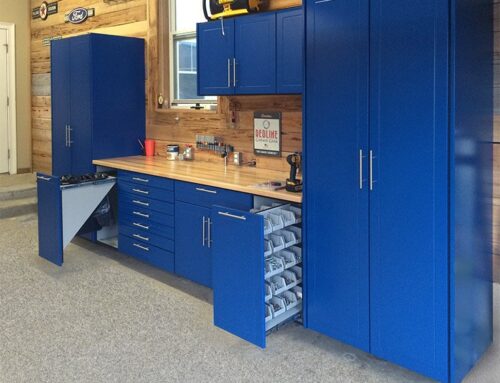
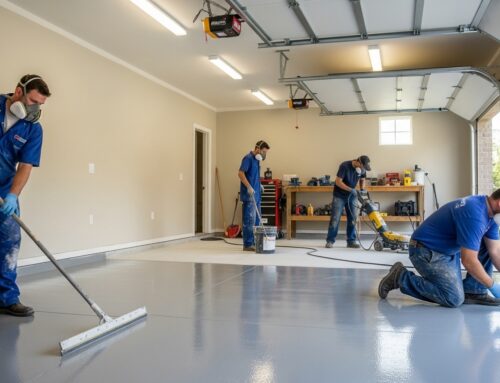

Leave A Comment